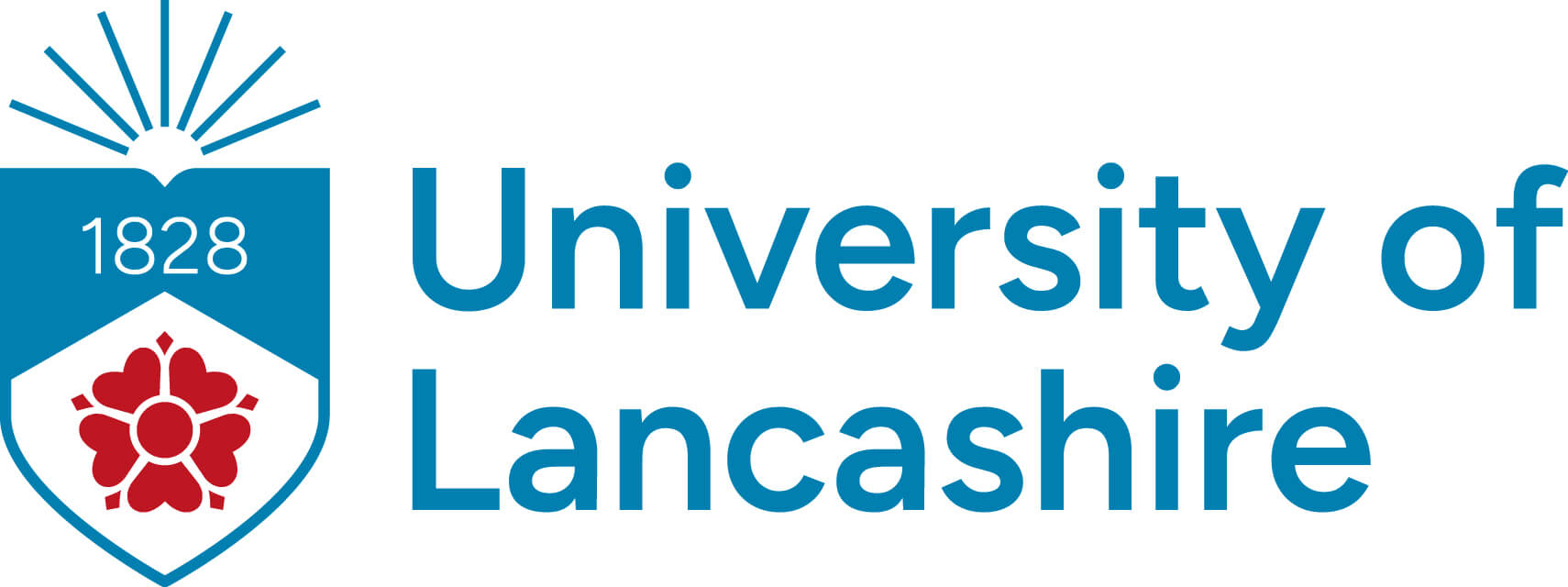MBA (Top-Up)
4 or 9 months | Business Management
4 – 5 years
There are only 30 places available on this programme. These will be filled in order of acceptance, after which, if your application is successful, you will be offered a place on a waiting list. We advise you to apply online by the end of March as we cannot guarantee available places after this date.
There are only 30 places available on this programme. These will be filled in order of acceptance, after which, if your application is successful, you will be offered a place on a waiting list. We advise you to apply online by the end of March as we cannot guarantee available places after this date. The minimum registration period is 48 months, the maximum is 72 months.
This degree programme has intakes in September each year. Click the Enrol Now button and share your information so that one of our Academic Advisors will get in touch with you promptly.
Not what you were looking for? Here are some courses from different awarding bodies that may interest you :
4 or 9 months | Business Management
12 months | Management

48 to 60 months | Management

Want help picking a programme? Get in touch with our student advisors.